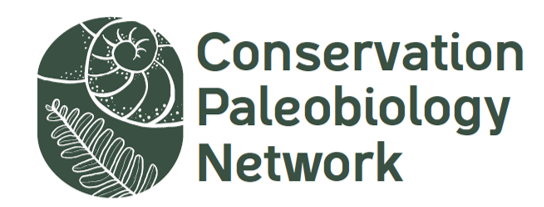Angelina Ivkić
Marine (paleo-)biologist
She/her
Website: https://corals.univie.ac.at
Twitter: @AngelinaIvkic

Hi everyone! I am a PhD student at the University of Vienna, in Austria. While I grew up in a landlocked country (Austria), I spent all my summers on the beautiful Croatian coast. There, I started to develop a fascination for the ocean and its inhabitants. Therefore, as a teenager the natural choice for me was to get certified for scuba diving. With a strong interest in biology, I first studied biology in Vienna, followed by marine biology/science in Australia and ultimately in the Netherlands.
After I completed my Master´s degree, I found an exciting PhD position. The position is in Vienna, but we study the Red Sea! More precisely we compare modern coral reefs in the Red Sea with fossil ones from a period with slightly higher temperatures and sea level but a similar species composition (MIS5e).
This comparison is valuable because our oceans are currently facing difficult times. Ocean warming and acidification are the result of anthropogenically induced climate change and as a consequence, our corals are suffering. Many of you have probably heard about “coral bleaching” already – when water temperatures are too high for an extended period of time, corals lose their symbiotic algal partners, which provide them with necessary energy. Ultimately, if the unfavorable conditions persist, the corals die and their white skeleton gets exposed. To understand all possible consequences of climate change on coral reefs, especially considering the interplay of all species, it is useful to investigate past periods with warmer conditions.
Usually we spend many days and weeks on the coast of the Red Sea, either collecting data from fossil reefs or from modern reefs by scuba diving.
However, due to the current pandemic we were not able to get into the field this year and therefore, I processed the data gained so far and worked on my first manuscript. I have to admit that I missed fieldwork this year, as it is the part I enjoy most about my work. However, the importance of sharing our results with other scientists and with the public cannot be emphasized enough. Therefore, I regularly post updates on our homepage, write blog posts, give interviews and recently, I produced a video explaining our project for German-speakers (it is on our homepage!).
My biggest hope and aspiration is that the outcome of not only our research, but of all the fascinating and important research conducted worldwide, will ultimately be implemented in policy measurements. Finally, I would like to share my advice to future and current scientists: stay curious, ask questions, be bold and don´t give up!

